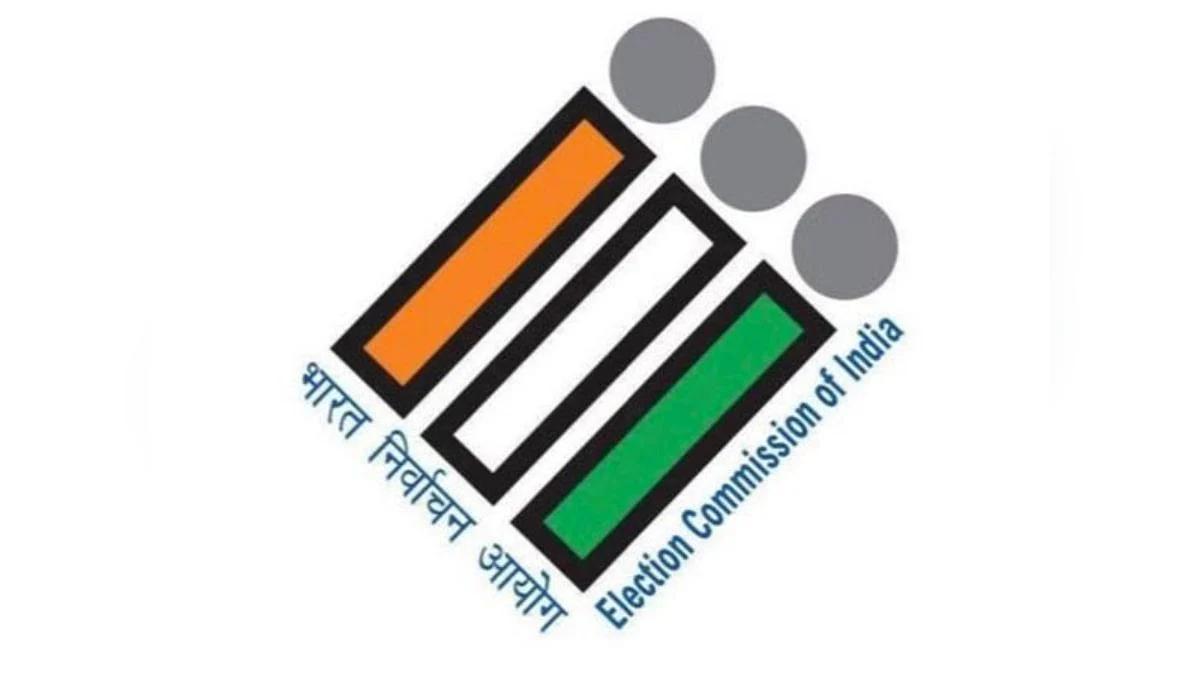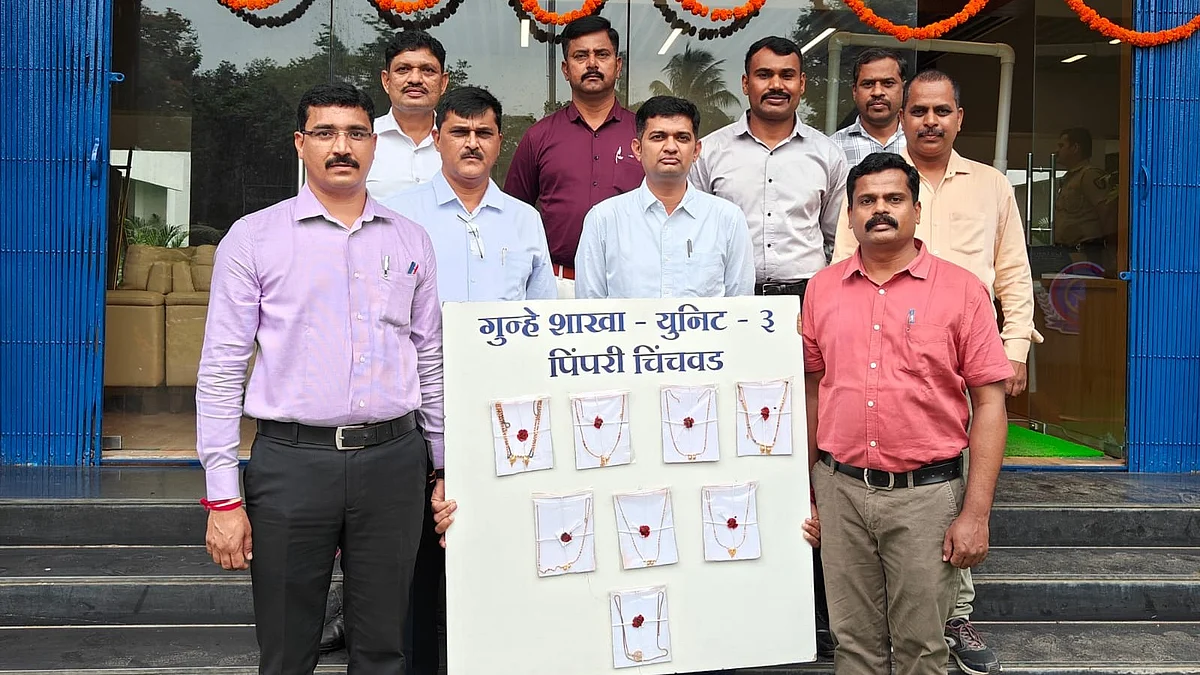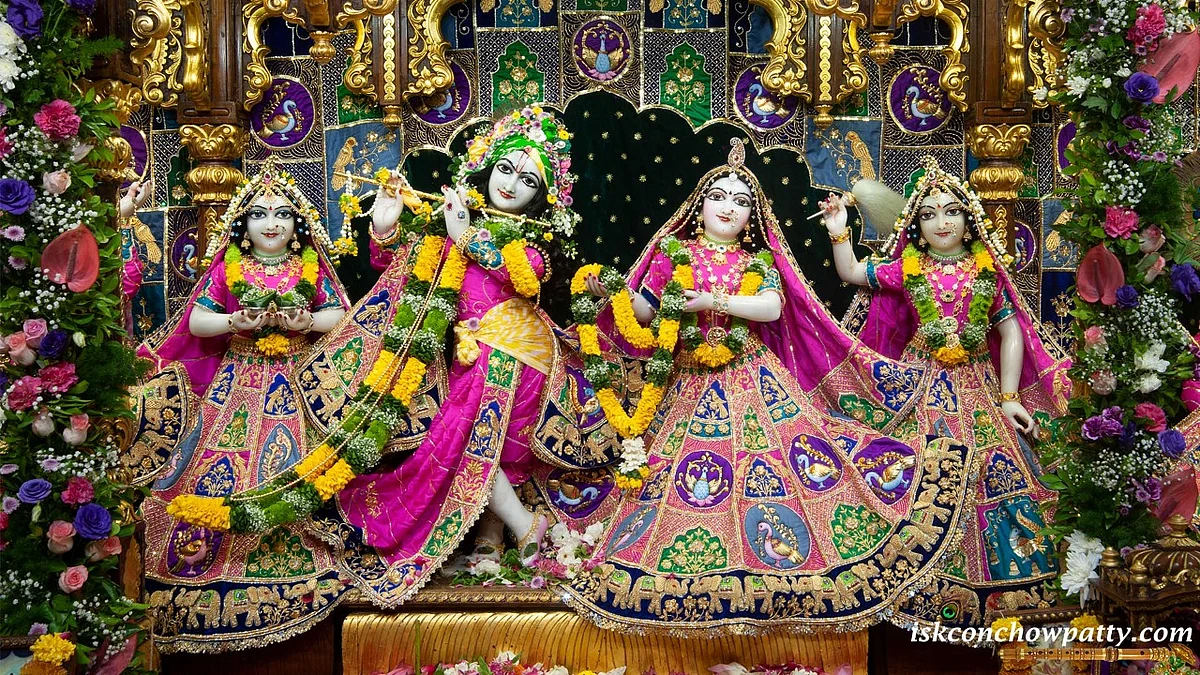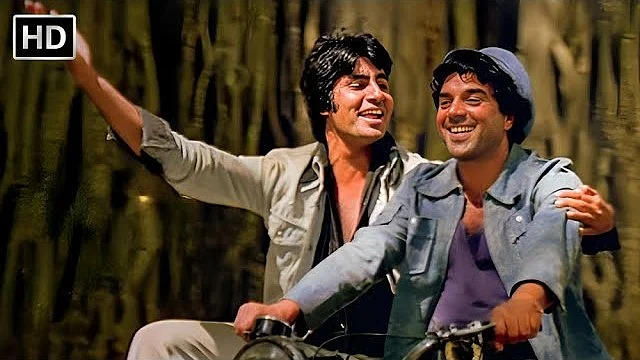As I write this, a new government has been formed in the country. Though technically, it is still the NDA government, in reality, we know that this government is very different from the previous two governments. Besides, the composition of the Lok Sabha has dramatically changed: the Opposition bloc INDIA is much stronger than before. Thus, there is a sense of relief; there is a whiff of freedom in the air almost like one felt in 1977 after Indira Gandhi lost the elections.
We need to use this relative freedom to demand some critical and urgent policy changes. No other area of policy needs that reversal more than that of higher education simply because in the last ten years, public (and private) institutions in higher education have suffered enormous damage in terms of their credibility because of the widening gap between what they are supposed to be and what they have turned into.
Thus, here is my wish list of what needs to done to get back the higher education that we can be proud of, that was a hallmark of a more liberal, more democratic India for long when quite a few public universities and colleges were proud spaces for fierce debate, discussions, dissent and protests without any adverse repercussions for faculty and students who actively organised and participated in these events. All that changed after 2014, slowly and hesitantly at first and swiftly later. The result is that today our entire network of institutions of higher education has been reduced to the status of coaching classes with a narrow focus on skills and examinations and nothing more.
We need to remind our governments, primarily at the centre (but also in states), again and again, that universities and all other institutions of higher education are not simply, and simplistically, places to learn specific skills and specialised knowledge in designated subjects but they are also simultaneously places of learning to be an adult, learning to be a citizen in a democracy, learning to engage with the wider world and its messy politics and to learn that we can and must make a difference to make the world a better place. We need to recover the idea that these institutions of higher education must remain an area where different and opposite ideas and visions are contested on a daily basis and are negotiated among students and faculty without the fear of retaliation from powers that be.
We need to recover the idea that the task of the government and administrators and vice chancellors of these colleges and universities is not to dictate to its students and faculty what to think and what not to think and to discipline those who don’t agree with their partisan vision but to facilitate and enable wide-ranging debates and discussions; that their primary task is not to police the campus and its politics but to protect its free space from the threat of violence from within and without.
But that is not enough. Since the modern higher education began in this country, more than 150 years ago, one issue has been a constant: budgetary constraints on education at all levels and specifically, higher education. Even though we can look at relative budgets of primary and higher education since 1947 and constantly debate about shifting and (perhaps) misplaced priorities, the fact is that overall amount of resources allocated has always remained much lower than needed. The time has come to actually allocate as much money as needed for education at all levels. It is all the more important because the sad reality is that in the recent years, higher education, even in publicly funded government institutions, has become more and more expensive and more and more difficult to access for students from the poor and marginalised families and communities.
Further, we need to urgently ensure that faculty are appointed across institutions in a timely and fair manner. That all vacancies are filled with qualified teachers. Once again, we need to ensure that teachers are appointed for their intellectual rigour and not primarily for their political affiliation. A certain level of autonomy, professionalism and independence needs to be restored to the process of selection and appointment and to ensure that constitutional provisions of reservations are strictly complied with.
Finally, we need to decisively move away from our obsessive focus on one nation, one test, one syllabus, one policy and so on. We need to recognise that any institution of higher education, beyond some minimum common rules and regulations, is a congregation of specific people — students and faculty — in a particular place. Therefore, each university must have a certain autonomy and independence to develop organically, to have a personality and identity of its own, and not merely be a bland version of other similar institutions. Further, within each university, departments must have autonomy of their own to pursue their academic interests and inclinations. We must imbibe the idea of diversity in its true sense in our network of institutions of higher education.
Of course, colleges and universities must teach us skills and specialised knowledge to get jobs, to earn a livelihood and not merely be ivory towers. But we must not be trapped by the false binary of vocational skills vs intellectual stimulation. An institution of higher education must provide space for both: we need to work but we also need to think and intelligently engage with the world around us.
Vrijendra taught in a Mumbai college for more than 30 years and has been associated with democratic rights groups in the city










